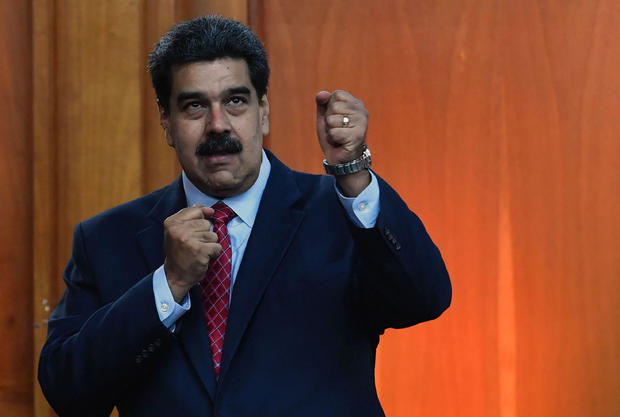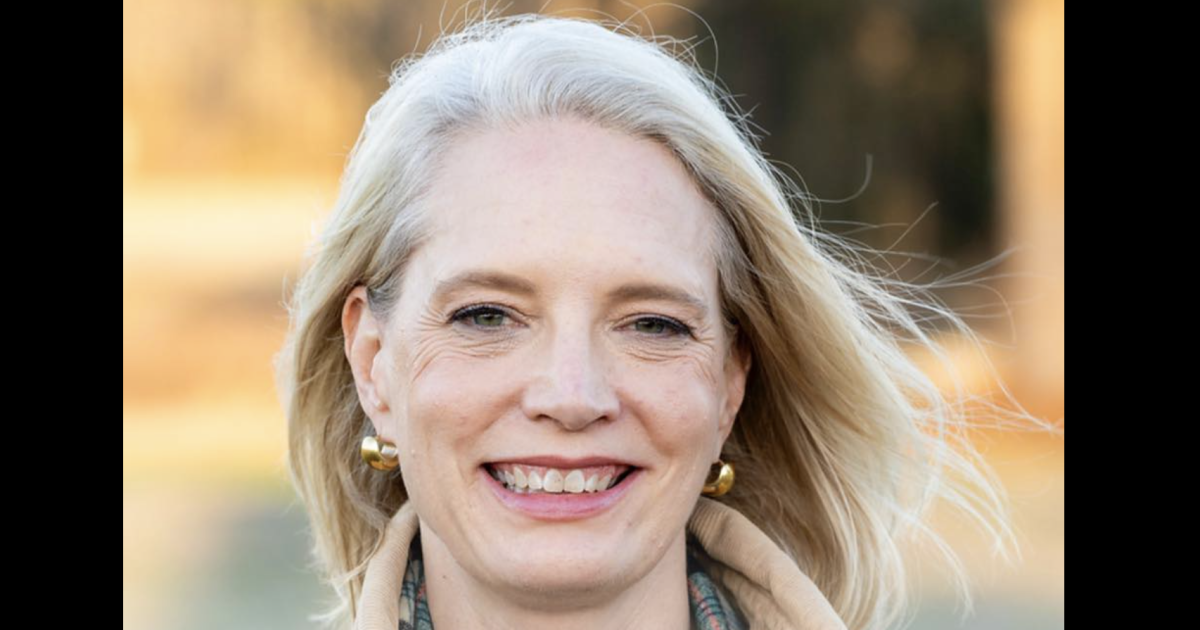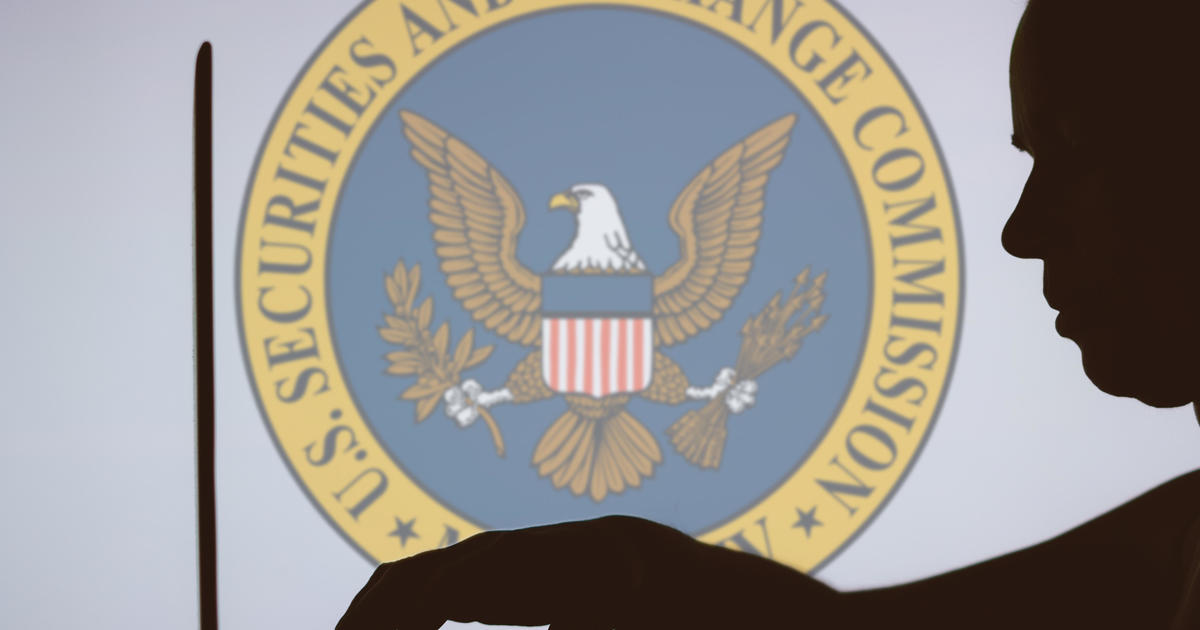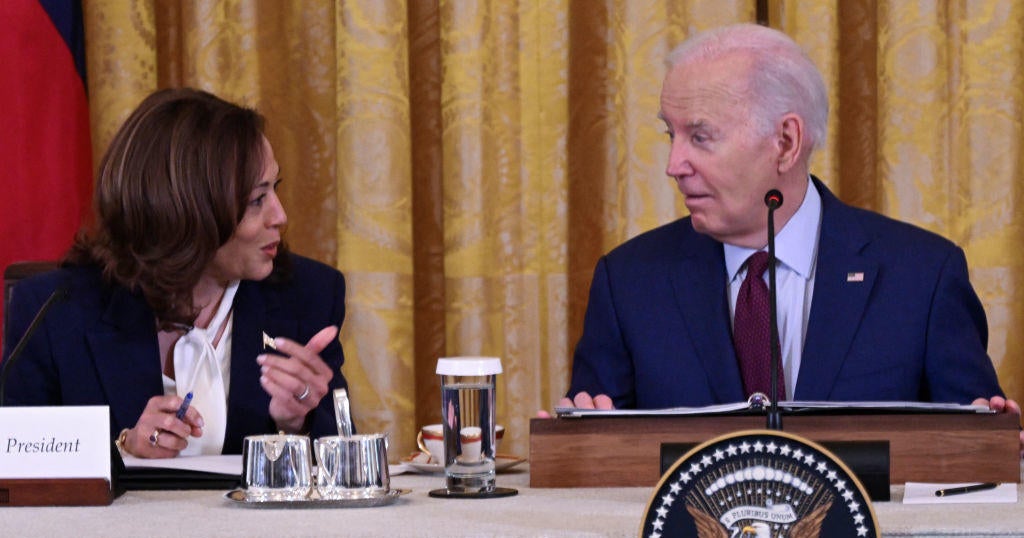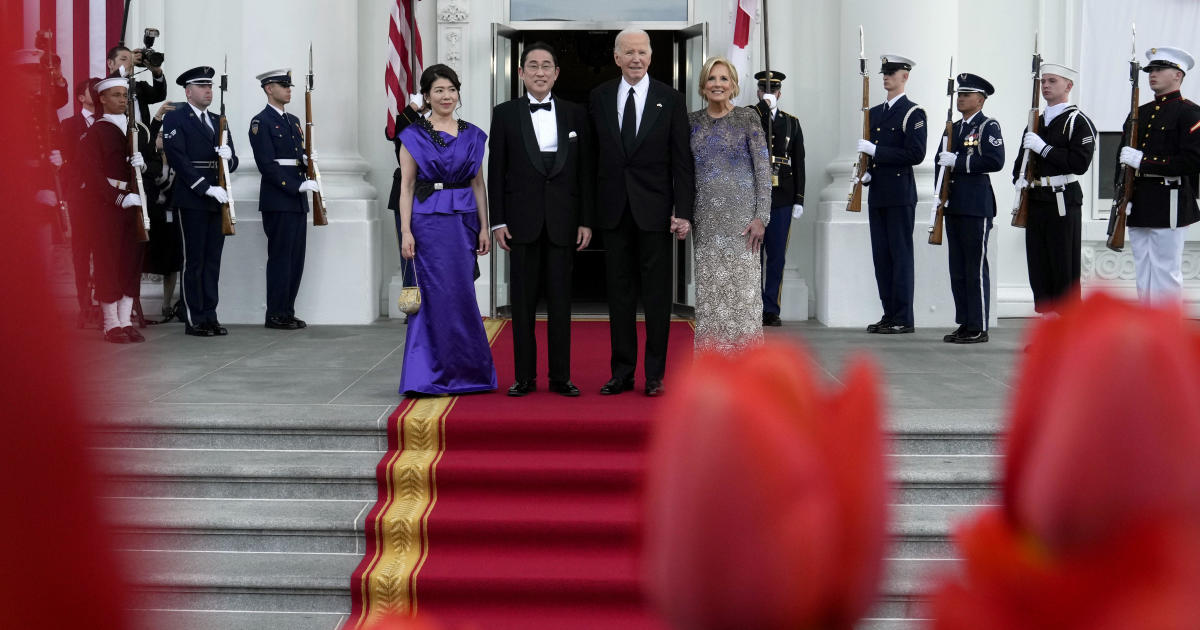Venezuelan President Nicolas Maduro tells Russian TV Trump ordered his assassination
More than a week into a standoff with the U.S.-backed opposition in his country, Venezuelan President Nicolas Maduro has accused President Trump of ordering his assassination, maintaining his trademark fiery rhetoric at Washington while signaling for the first time a willingness to negotiate with his domestic foes. In an interview with Russia's state-run news agency RIA Novosti, Maduro said, "Donald Trump gave the order to kill me, told the Colombian government, the Colombian mafia to kill me. If something happens to me once, Donald Trump and Colombian President Ivan Duque will be responsible for everything what happens to me."
Moscow has been one of Maduro's staunchest supporters, providing his regime with loans and weapons and accusing the Trump administration of backing a coup with its early backing of Venezuelan opposition leader and self-declared "interim president" Juan Guaidó.
Some two dozen nations, including the United States and most Latin American countries, have backed Guaidó, who is demanding Maduro hold a new election. He won a second term late last year in a vote condemned by the U.S. and its allies as illegitimate. Maduro barred, through a court system stacked with his allies, all serious opposition candidates from running in the election.
In an about face, Maduro also said he was willing to negotiate with Guaidó's opposition shadow administration. He had consistently rejected calls for such talks until Tuesday.
"I'm willing to sit down for talks with the opposition so that we could talk for the sake of Venezuela's peace and its future," Maduro told the Russian news agency.
He added that he was open to mediation by other countries and mentioned Russia, Mexico, Uruguay, Bolivia and the Vatican. Moscow has offered to mediate.
President Trump took some credit in a Wednesday morning tweet for Maduro's change in stance, noting that it came "following U.S. sanctions and the cutting off of oil revenues."
Trump administration piles pressure on Maduro
The U.S. announced Tuesday it was giving Guaidó control of Venezuela's U.S. bank accounts.
On Monday, Washington imposed sanctions on Venezuela's state-owned oil company, Petroleos de Venezuela SA, a move that could deprive the Maduro government of $11 billion in export revenues over the next year.
Venezuela's economy is already ravaged by hyperinflation and widespread food and medical shortages that have driven millions of people to leave the country.
Maduro called the sanctions "criminal" -- an accusation echoed by Moscow -- and vowed to challenge the U.S. in court. "With these measures, they intend to rob us," he said.
Under Venezuela's constitution, the head of the National Assembly is empowered to take on the duties of the chief executive under a range of circumstances in which the presidency is vacated. The opposition argues Maduro's re-election last May was a sham.
The previously little-known Guaidó has re-invigorated the opposition movement by focusing on three immediate goals: an end to Maduro's "usurpation" of power, establishing a transitional government and holding a new presidential election.
The U.S. State Department has told Americans not to travel to Venezuela, warning of the threat of being arbitrarily arrested or caught in a violent protest. Venezuela was put on the highest U.S. level advisory, a list that also includes Syria, Afghanistan and Iraq.
Death toll continues to mount on the streets
Violent street demonstrations erupted last week after Guaidó declared during a major rally in the capital of Caracas that he had assumed presidential powers under the constitution and planned to hold fresh elections to end Maduro's "dictatorship."
U.N. human rights office spokesman Rupert Colville said this week that Maduro's security forces had detained at least 850 people between Monday and Saturday, including 77 children. Colville said "more than 40 people" were believed to have been in killed "in different manners" amid the recent protests, including 11 people reportedly killed by "unidentified individuals" linked to incidents of looting. He said one member of the Bolivarian Guard was reportedly killed in the state of Monagas.
Maduro's allies blame the opposition for the violence and deny the high death toll as well as reports that minors were among those arrested.
On Tuesday, Guaidó urged Venezuelans to step outside their homes and workplaces for two hours mid-day Wednesday for what would be the first mass mobilization since last week's big protests.
The call came just a day after Venezuela's Supreme Court, loyal to Maduro's embattled socialist administration, barred Guaidó from leaving the country while it investigates him for alleged anti-government activities. The prohibition came after U.S. national security adviser John Bolton warned that the Maduro government would face "serious consequences" if Guaidó is harmed.
Maduro meanwhile is holding firm in refusing to step down. He oversaw military exercises in recent days while seeking to consolidate support from the armed forces, and continues to accuse Washington of trying to stage a coup.
On Tuesday, he said he was expanding the ranks of Venezuela's civilian armed militia to 2 million members. The reserve force was created by the late Hugo Chavez to train civilians to assist the armed forces and defend the socialist revolution from attacks.
Maduro vowed never to let the U.S. intervene in Venezuela's affairs.
"These are moment of history - and battle," he said.
